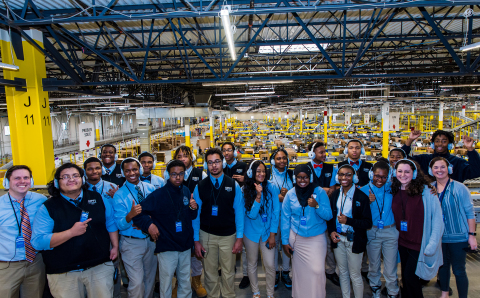Il
mondo cyber è visto come un rischio ma per molte società è anche
un'opportunità.
E'
il caso di quattro grandi società tedesche che nel novembre 2015
hanno deciso di allearsi per difendersi e offrire i loro servizi, si
tratta di Allianz SE, BASF SE, Bayer AG e Volkswagen AG, riunite
sotto il nome di "Deutsche Cyber-Sicherheitsorganisation"
(German Cybersecurity Organisation) o, in breve, DCSO.
La
necessità di affrontare le nuove sfide sempre più complesse e la
velocità di cambiamento del settore tecnologico spinge alla
aggregazione e così è nata la DCSO.
Tra
le principali attività della DCSO vi sono:
-
technology scouting, ovvero l'individuazione di tecnologie emergenti,
la raccolta di informazioni su queste ultime e la canalizzazione
delle informazioni all'interno delle organizzazioni che possono
usufruirne nonché il supporto nella loro acquisizione;
-
threat detection, ovvero l'individuazione delle minacce, in
particolare di quelle riferibili ad APT;
-
next generation solutions, per la ricerca di soluzioni di sicurezza
cyber di nuova generazione;
-
auditing;
-
incident response;
-
consulenza.
Alcune
brevi considerazioni.
Le
quattro Big tedesche non sono società che rientrano tra quelle che
normalmente vengono considerate del settore, eppure ognuna di esse ha
i suoi buoni motivi.
La
prima, Allianz SE, è una società di servizi finanziari
conosciuta al pubblico per i servizi assicurativi. In questo caso sia
la necessità di conoscere meglio il nascente mercato delle
assicurazioni cyber, sia la necessità di protezione delle sue reti e
dei dati gestiti, può aver spinto il colosso europeo (130 miliardi
di euro di fatturato nel 2018, 140.000 dipendenti, un utile netto di
circa 7 miliardi di euro) ad occuparsi del settore.
Non
poteva mancare la Volkswagen AG, sia perché da più di
sessanta anni esistono collaborazioni con la Allianz SE, sia per
migliorare la conoscenza del settore, sia in vista delle nuove
tecnologie applicate al settore automobilistico.
La
BASF SE, una delle più grandi industrie chimiche al mondo (62
miliardi di fatturato 2018, circa 130.000 dipendenti, 4.7 miliardi di
euro di utile netto), ha scelto di partecipare all'alleanza,
probabilmente anch'essa spinta dalla necessità di proteggere le
proprie reti aziendali dalla crescente minaccia internazionale. La
crescita degli attacchi verso le grandi società allo scopo di furto
di segreti industriali è infatti in crescita, come tutto il
settore.
Infine
la Bayer AG, una delle principali società farmaceutiche
(circa 40 miliardi di euro di fatturato 2018, 111.000 dipendenti,
circa due miliardi di utile), spinta, immagino, dalle stesse
considerazioni della BASF.
Naturalmente
l'alleanza risulta importante anche per il governo tedesco che
usufruisce così della capacità attrattiva delle società e della
loro esperienza nei diversi settori produttivi, spingendo così allo
sviluppo del settore cyber nazionale. Anche se si tratta di una
società ancora giovane i presupposti per una veloce crescita
nel mondo cyber ci sono tutti.
Alessandro
Rugolo
Per
approfondire:
- https://dcso.de/de/about-us/;
- https://www.politico.eu/article/germanys-cyber-security-chief-on-hacking-russia-and-problems-to-hire-experts/;
- https://www.basf.com/global/de/media/news-releases/2015/09/p-15-342.html;
- https://dcso.de/de/about-us/;
- https://www.politico.eu/article/germanys-cyber-security-chief-on-hacking-russia-and-problems-to-hire-experts/;
- https://www.basf.com/global/de/media/news-releases/2015/09/p-15-342.html;











